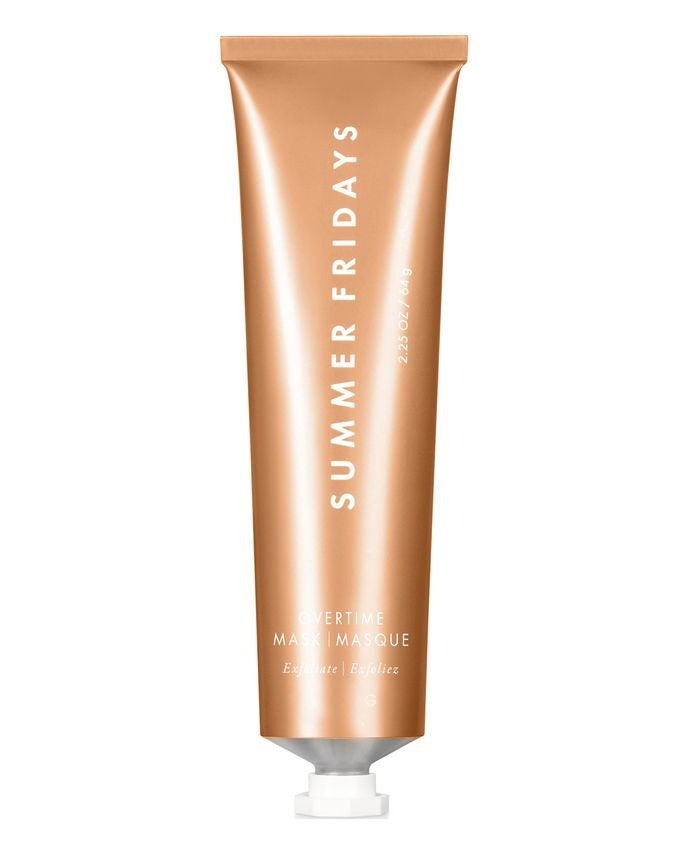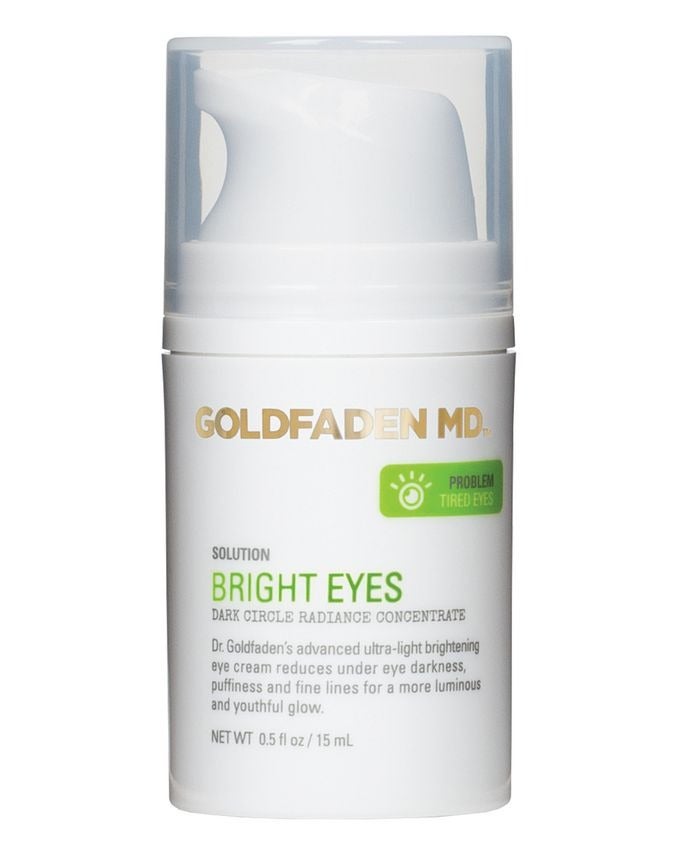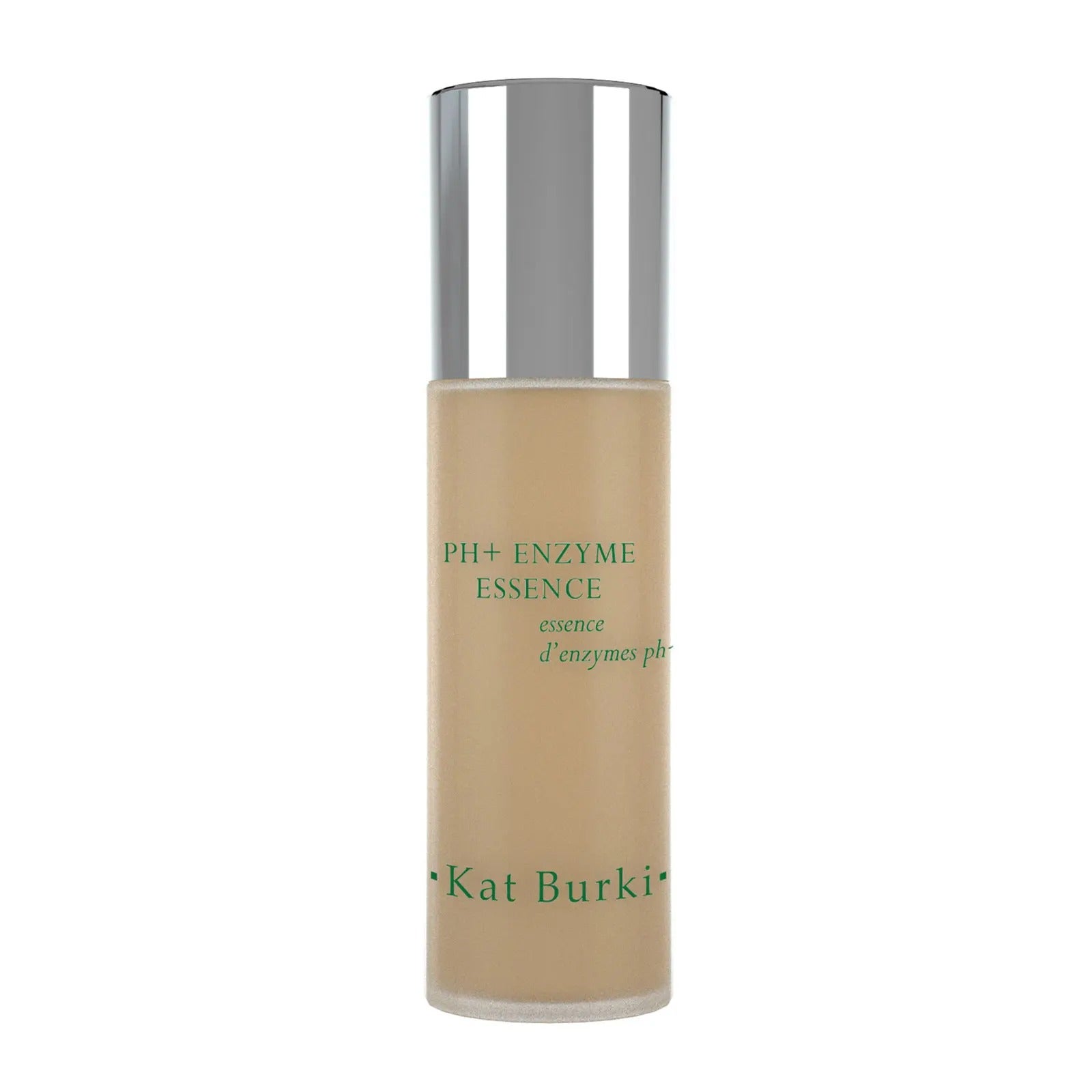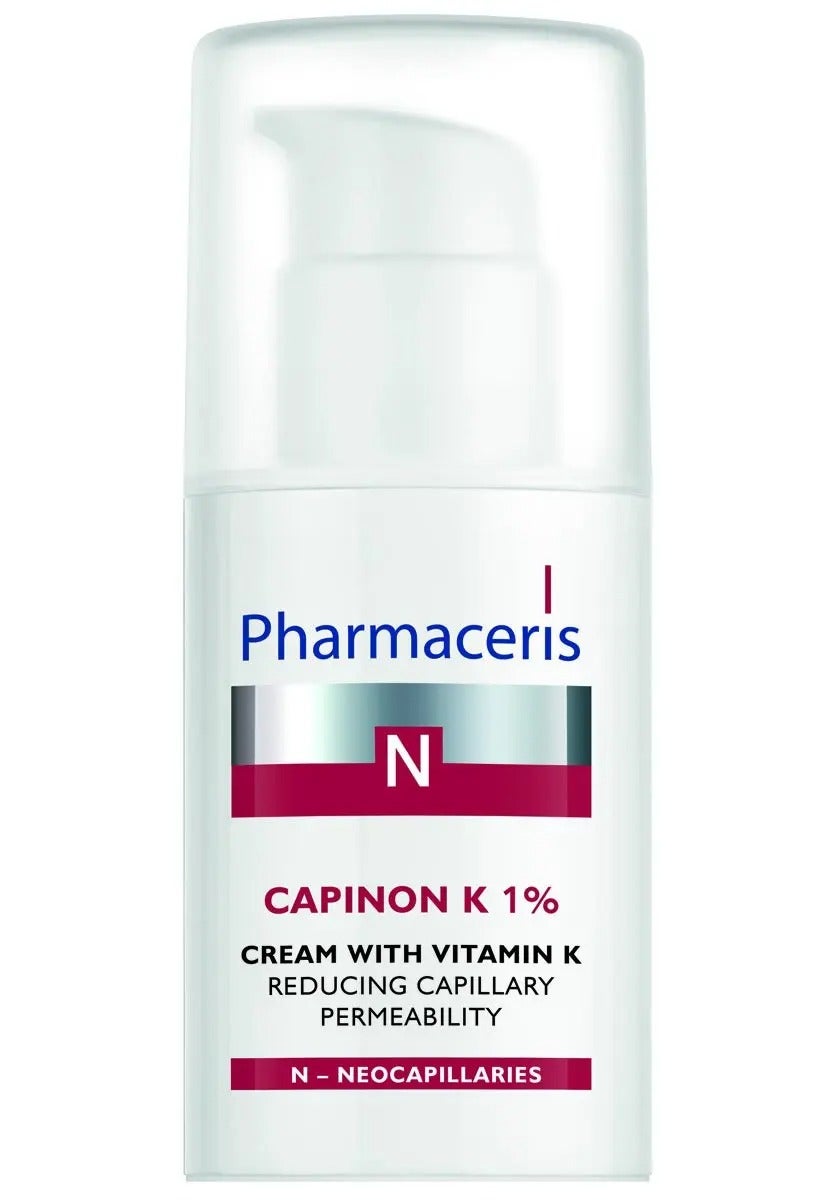Vitamin K Is The Ingredient Said To Fade Dark Circles — But Does It Work?
When it comes to vitamins in skincare, there are two in particular that skin experts will always sing the praises of: vitamin A – this is what retinol is derived from and it has the ability to increase cell turnover, boost collagen and minimise fine lines, acne and hyperpigmentation – and vitamin C – a skin-brightening antioxidant that protects against environmental aggressors such as pollution and infrared light.
A good, solid skincare regime should consist of both of these elements (vitamin C in the morning and vitamin A in the evening, alongside a slathering of sun protection in the AM, of course) but if our Skin Deep series has taught us anything here at R29, it's that skin is complex, and often calls for something more. Enter: vitamin K. Not as well known as A or C, it's a bit of an unsung ingredient in the skincare sphere, but if you suffer with parched patches and skin inflammation, it might just be worth incorporating into your routine. So what exactly is it?
AdvertisementADVERTISEMENT
"Vitamin K is essentially a group of compounds found in many things including food, such as leafy greens, liver and eggs," explains facialist Michaella Bolder. "Following research, this particular ingredient was found to be just as important as vitamins A, C and E, mainly because of its anti-inflammatory properties," something Kirsti Shuba, cofounder of skincare brand Katherine Daniels, expands on.
"Vitamin K is for skin recovery," says Kirsti. "In topical application, it is often used for bruising, swelling and is sometimes applied to cuts and grazes to aid the healing process – surgeons often prescribe a vitamin K cream to aid healing after surgery, for example." Michaella seconds vitamin K's wound healing properties but explains that it has the potential to go a little further. "Topical application is even beneficial for conditions such as eczema and psoriasis," she says, as recent research suggests it plays a significant role in inhibiting the inflammation typical of these skin conditions, such as redness and swelling. "In turn, vitamin K strengthens the skin's natural barrier function, enabling it to grow stronger and to retain hydration for longer," says Kirsti, which makes it a great one to incorporate into your skincare routine come the winter months, when skin can get much drier.
Of course, it's best to visit a dermatologist or GP for help with symptoms of eczema and psoriasis. In fact, Dr Anjali Mahto, consultant dermatologist and author of The Skincare Bible: Your No-Nonsense Guide To Great Skin advises not to rush out and buy products which contain vitamin K as a sole agent, as other, more researched ingredients show clinical benefit, too. But if you're looking to combat the odd patch of dry skin, you can find vitamin K in many skincare products, such as Summer Fridays' Overtime Mask, £39, and Kat Burki's PH+ Enzyme Essence, £92, which also boasts vitamin C for protection against pollution and other environmental issues.
AdvertisementADVERTISEMENT
Research also suggests that vitamin K can minimise broken capillaries under the skin, something Michaella and Kirsti both acknowledge, which could be why you're likely to find the ingredient inside many eye creams. R29 rates Goldfaden MD's Bright Eyes, £48, and Clark's Botanicals Anti-Puff Eye Cream, £70, especially for hydrating taut skin and minimising fine lines, but whether vitamin K or any other ingredient in eye cream is able to penetrate the skin deep enough to target dark circles is still up for debate, according to dermatologists.
Refinery29's selection is purely editorial and independently chosen – we only feature items we love! As part of our business model we do work with affiliates; if you directly purchase something from a link on this article, we may earn a small amount of commission. Transparency is important to us at Refinery29, if you have any questions please reach out to us.
AdvertisementADVERTISEMENT










